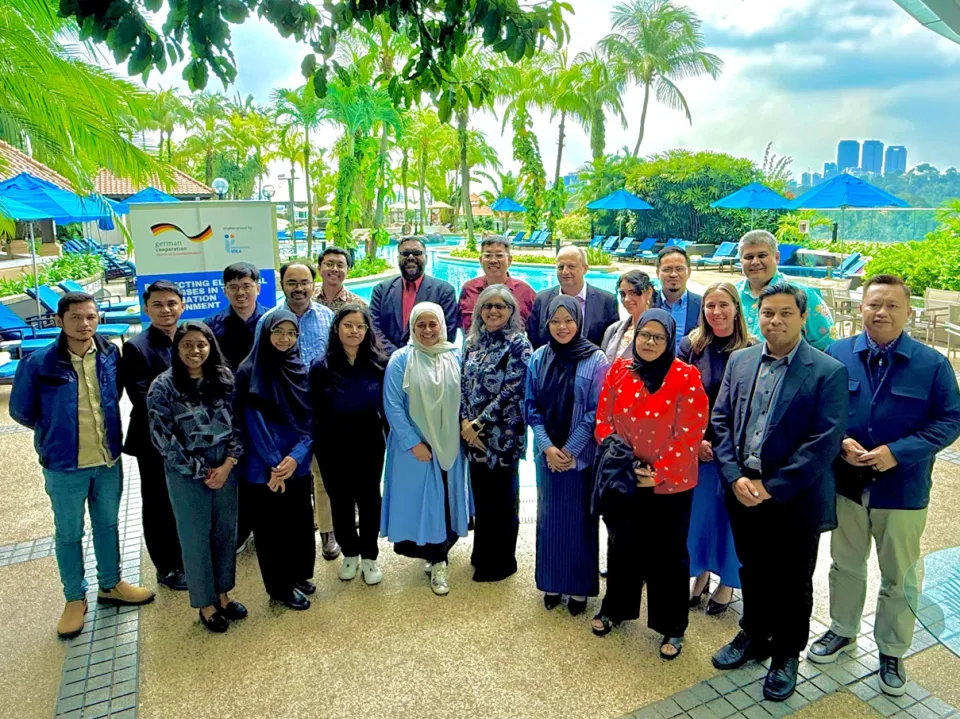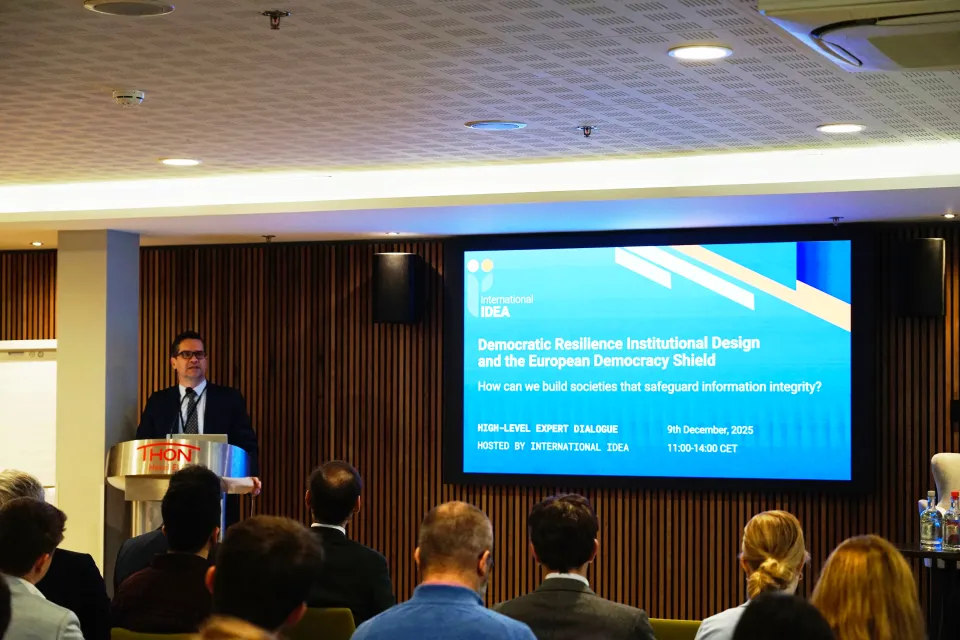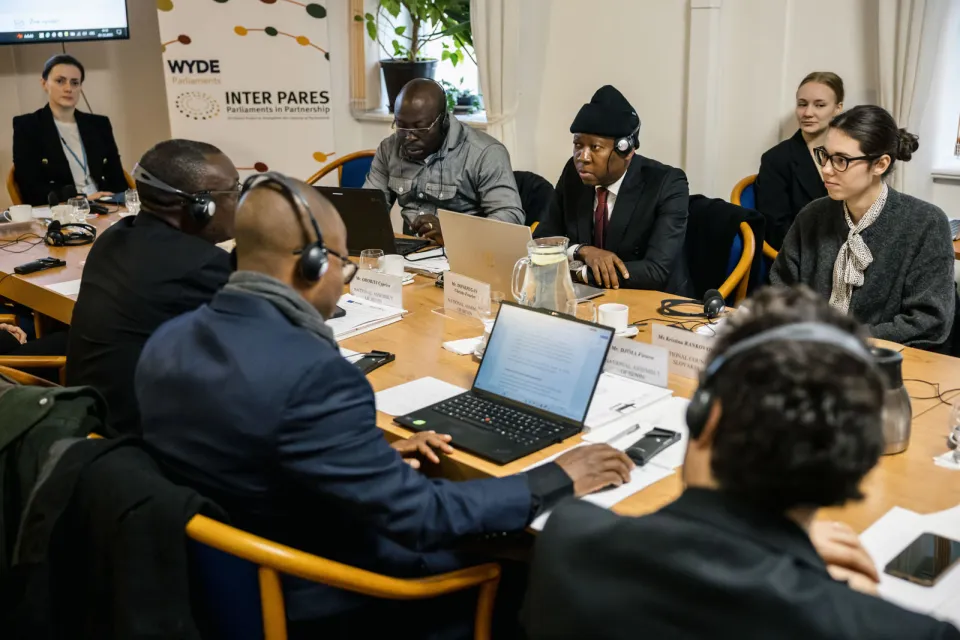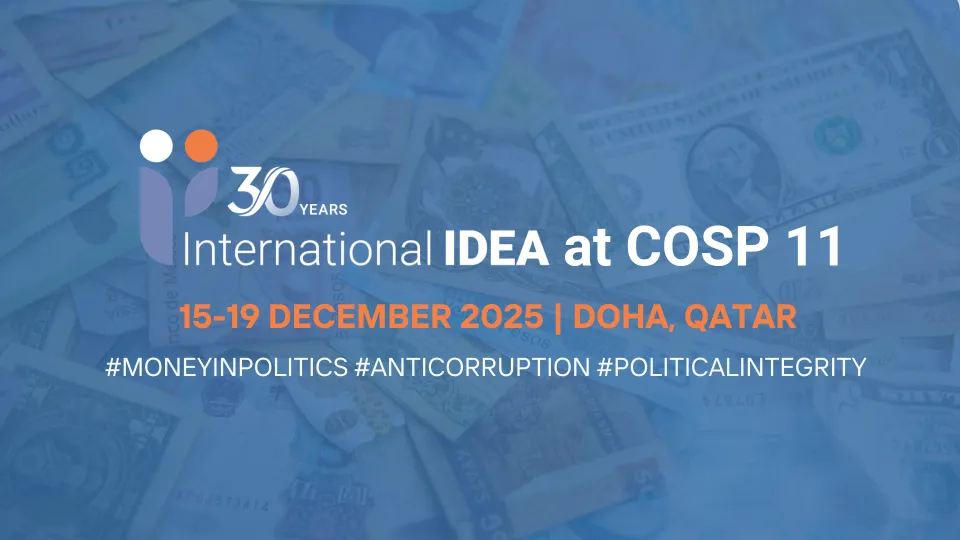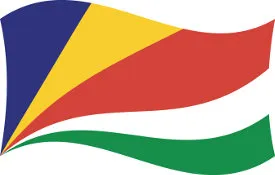
Electoral stakeholders in Seychelles are gearing up for the snap presidential election scheduled for 3-5 December. With candidate registration taking place in mid-November, this small island state of approximately 90,000 inhabitants is expecting more candidates in this race than ever before.
The incumbent President James Michel of the Parti Lepep (PL) has been in office since 2004 and is running for the third time. The long-time traditional opposition party, the Seychelles National Party (SNP) is likely to field a candidate and so is the Popular Democratic Movement (PDM), formed prior to the 2011 parliamentary elections which were boycotted by the SNP.
The PDM has one representative in the current national assembly, who is also the only representative not coming from the ruling PL. In May this year, former ministers and ambassadors formed a new political party – the Seychellois Alliance – which is primarily a splinter group from the ruling PL but also has former SNP members in its ranks. The leader of the Seychellois Alliance is expected to announce his candidacy for the elections. Notably, the presidential race is also open for independent candidates.
Seychelles applies a majoritarian system for the election of the president. The winning candidate is hence required to obtain at least 50 per cent plus one vote. If no candidate passes this threshold, a second round of voting is conducted between the two top candidates. Since the introduction of multiparty politics in 1991, the presidential elections have always been concluded in the first round.
At the moment, there are no available opinion polls gauging the relative strength of the different parties and candidates, but with more candidates expected to be announced than ever before there is a general perception that a second round of election may be required for the first time in Seychelles election history.
The Citizen Democracy Watch Seychelles (CDWS) is currently preparing to observe the elections. The CDWS itself was established in 2011 and has only observed one national election before – namely the parliamentary elections of 2011. The organization has already started pre-election observation but is planning on placing approximately 15-20 observers throughout the country for the three days of the election. With a new set of laws in place following the reform process that took place during 2011-2014, the group has a big task in front of them to scrutinize the application of these laws as well as to assess the degree to which the electoral framework as a whole are in line with international and regional obligations that the country have signed and ratified as well as best practices for preserving electoral integrity.
Two areas of concern that the CDWS is already looking into is voter registration and campaign financing. Under the new set of laws, Seychelles has moved from passive to active voter registration system. Voting registration is done on continuous basis and prospective voters can thus register throughout the year. That said, once fresh elections are called, the voter registration closes automatically. To register, one is required to be 18 years of age. This means that under the current procedure, those who become 18 during the period between the calling of new elections and the actual elections are, in effect, disenfranchised.
On campaign financing, electoral contestants are required to disclose donations above 5000 SCR (about $380) but there are no spending limits for the election campaigns and it is also unclear what exactly the Electoral Commission will do in terms of monitoring, tracking and sanctioning vis-à-vis the new laws. Observing how the new laws is being put into practice will constitute an important area for the CDWS.
With one months to go to the December elections, International IDEA in partnership with the CDWS organized a five-day citizen observation training. The training was set up in two parts. The first three days catered for about 25 participants and focussed on international and regional obligations, observation principles, ethics and codes of conduct as well as methodologies for the pre-election period, election day and the post-election period.
During the last two days of the training, a smaller group of observers focussed on observation strategy and planning, deployment schedule, observation form development, analysis, reporting and longer-term observation follow-up activities.
Parts of the training was attended by representatives from the Electoral Commission and from key political parties operating in Seychelles as well as journalists. This helped build transparency about the intention and work of the CDWS vis-à-vis other electoral stakeholders. The Electoral Commission was invited also to provide for an overview over elections-related legislation, rules and procedures. The political parties also appreciated having been invited to the event and signalled interest in the work lying ahead for the CDWS. This situation bodes well for between-actor collaboration in the upcoming elections.
